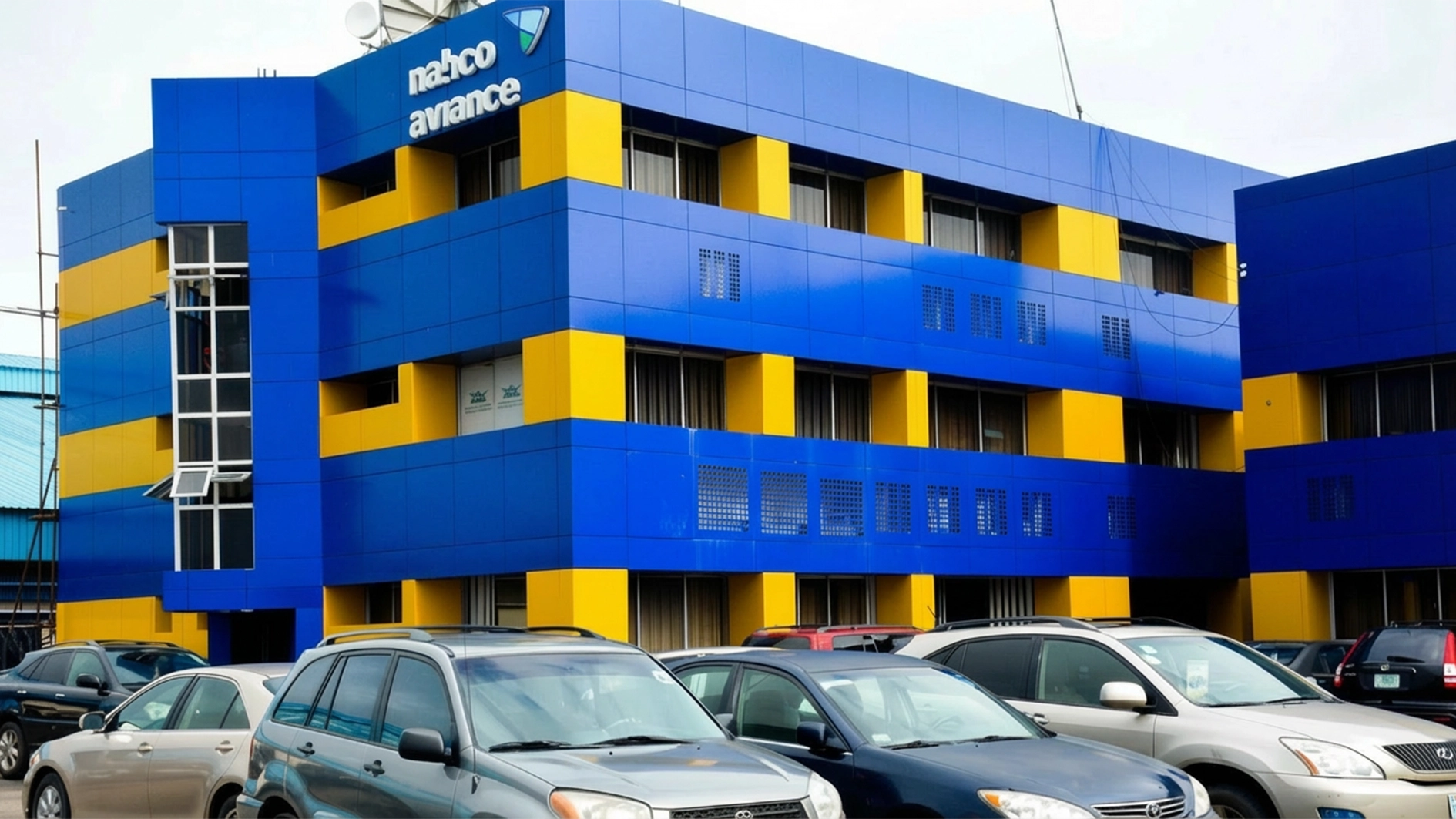The Nigerian private sector ended the third quarter on a strong note, recording further growth in output and new orders, while witnessing the fastest pace of job creation in nearly two years, according to the latest Stanbic IBTC Purchasing Managers’ Index (PMI) report.
The headline PMI compiled by S&P Global stood at 53.4 points in September, slightly lower than 54.2 points recorded in August, but still comfortably above the 50 benchmark that separates growth from contraction. The reading signals sustained improvement for 10 consecutive months in business conditions across Africa’s largest economy.
The report showed that firms benefited from a marked cooling in cost pressures, with purchase costs rising at the slowest rate in five-and-a-half years. Inflationary pressures, which have been a major drag on private sector activities, eased further, giving companies room to expand their operations.
Output and new business orders rose strongly during the month, though at a slower pace compared to August.
Companies attributed the expansion to improved customer demand, better availability of materials and the launch of new products. Activity also increased across all four broad sectors monitored by the survey.
Efforts to meet rising demand spurred higher operating capacity, it said, even as staffing levels grew for the fourth consecutive month, with the pace of job creation hitting its strongest level since October 2023.
Firms also boosted their purchasing activity, leading to a build-up of inventories to meet current and future demand. Supplier delivery times shortened for the third month in a row, with September recording the sharpest improvement in five months.
Employment levels continued to rise, with the pace of job creation accelerating to the fastest in 23 months. Firms increased staffing levels modestly but consistently for the fourth consecutive month as they sought to expand operating capacity.
Commenting on the figures, Head of Equity Research West Africa at Stanbic IBTC Bank, Muyiwa Oni, said:
“Nigeria’s business conditions ended the quarter on a strong note, although the pace of strengthening moderated relative to August. The PMI settled at 53.4 points, buoyed by improvements in output and new orders, while inflationary pressures also continued to soften.”
He added that Nigeria’s broader economic outlook remains upbeat, citing second-quarter GDP growth of 4.23 per cent year-on-year, driven by strong agricultural and oil sector performance. Based on the PMI trends and crude oil output, Stanbic IBTC has revised its 2025 growth forecast upward to four per cent, from 3.5 per cent earlier.
Despite the positive outlook, the report noted that business confidence slipped slightly to a four-month low in September, reflecting concerns over weaker-than-average optimism, even as firms plan further expansions in capacity and staffing.
The PMI survey, endorsed by the National Bureau of Statistics (NBS), is widely watched as a timely indicator of private sector performance. Data was collected from 400 private sector companies across agriculture, mining, manufacturing, construction, wholesale, retail and services sectors.






